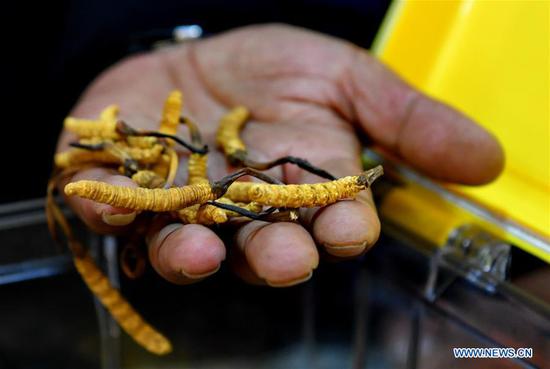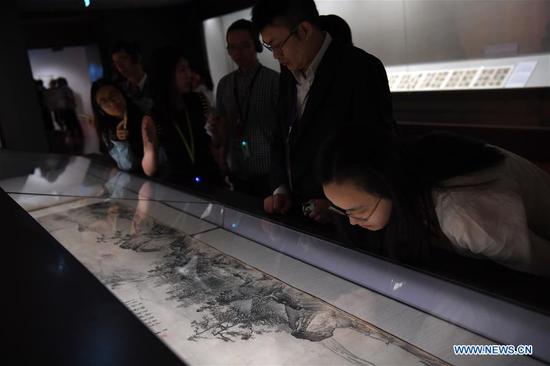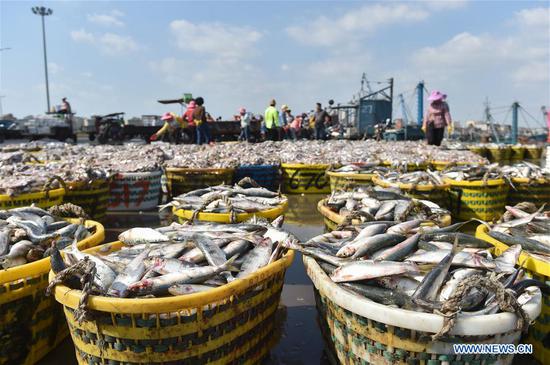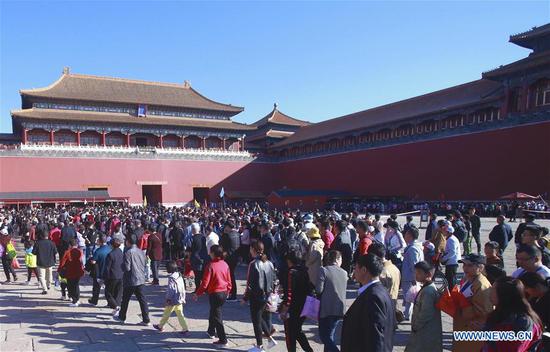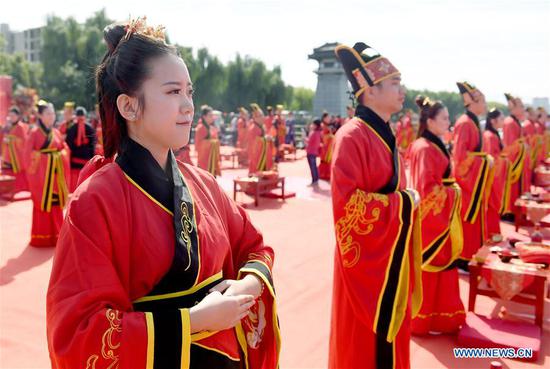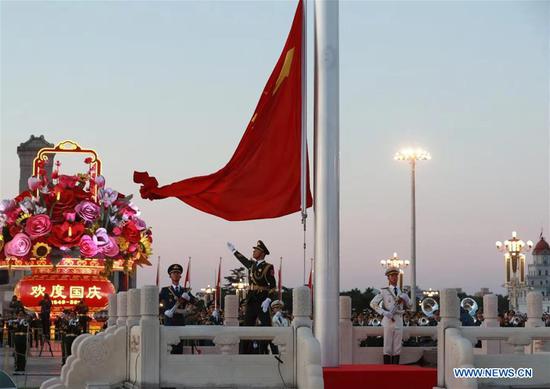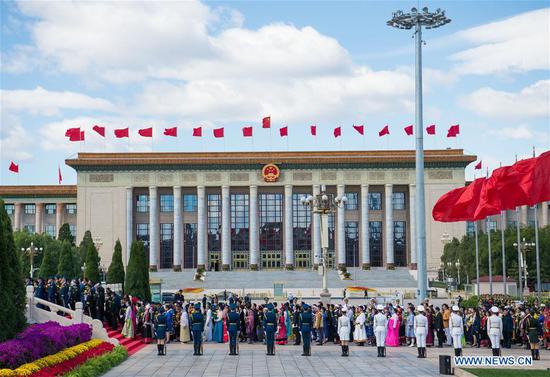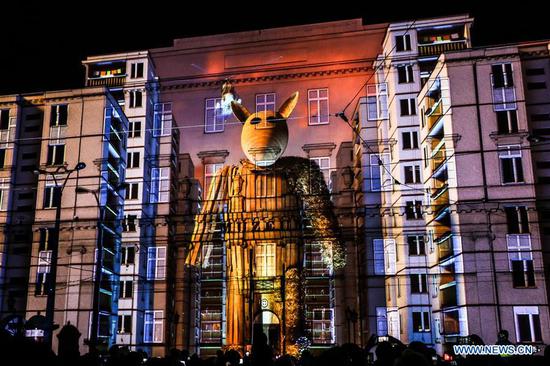The World Health Organization (WHO) unveiled a global strategy on Saturday to scale up the tobacco control agenda over the next few years and to prevent further interference by tobacco industry in public health policies.
The strategy, titled the Medium-Term Strategic Framework (MTSF), aims to strengthen implementation of the WHO Framework Convention for Tobacco Control (FCTC), with a roadmap to guide the work of the convention parties, the secretariat and other stakeholders with regards to tobacco control from 2019 to 2025.
"The adoption of this strategy marks a key milestone in strengthening the FCTC," said Dr. Vera Luiza da Costa e Silva, head of the WHO FCTC Secretariat. "This strategy provides a very clear path forward, with priorities and objectives to reinforce government policies and accelerate global action for more effective implementation of the tobacco control treaty."
The strategy was concluded during the eighth session (COP8) of the FCTC, which brought together over 1,200 participants, including delegations from 148 parties to the global tobacco control treaty and representatives of UN agencies, other intergovernmental organizations and civil society.
They also agreed to maximize transparency to protect FCTC related sessions and proceedings from the intrusion of tobacco industry representatives and interests.
"More than ever, we need to stay the course and strengthen our commitment to ensure that FCTC efforts to protect and promote public health and sustainable development are not hijacked by the tobacco industry," Dr. Costa e Silva said. "We must yield no ground to the tobacco industry."
To prevent further interference by tobacco industry in public health policies, the strategy requires parties to the treaty to protect national public health policies "from commercial and other vested interests of the tobacco industry."
In addition to tighter control actions, the parties also addressed the need for tobacco control efforts to integrate strategies to combat the destructive impacts of tobacco on the environment and sustainable development.
Since it came into force in 2005, the FCTC has resulted in national strategies and legislation that have introduced health warning on packages of tobacco and comprehensive bans on tobacco advertising, promotion and sponsorship.
As the only existing global intergovernmental meeting exclusively devoted to tobacco control, the FCTC COP has served as a platform for policy formulation and the adoption of implementation mechanisms by the parties to the convention.













